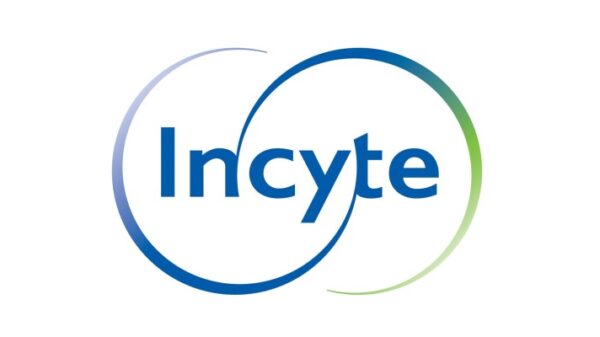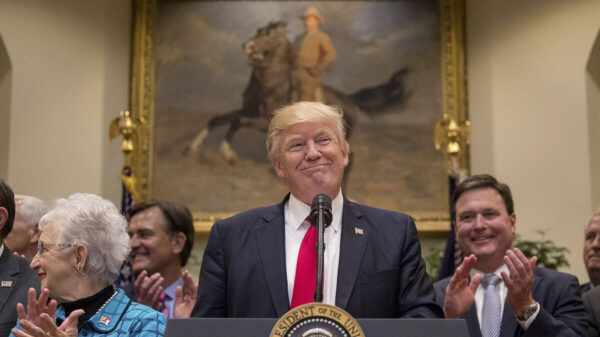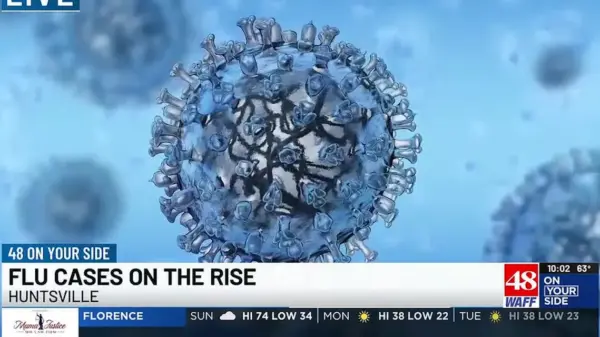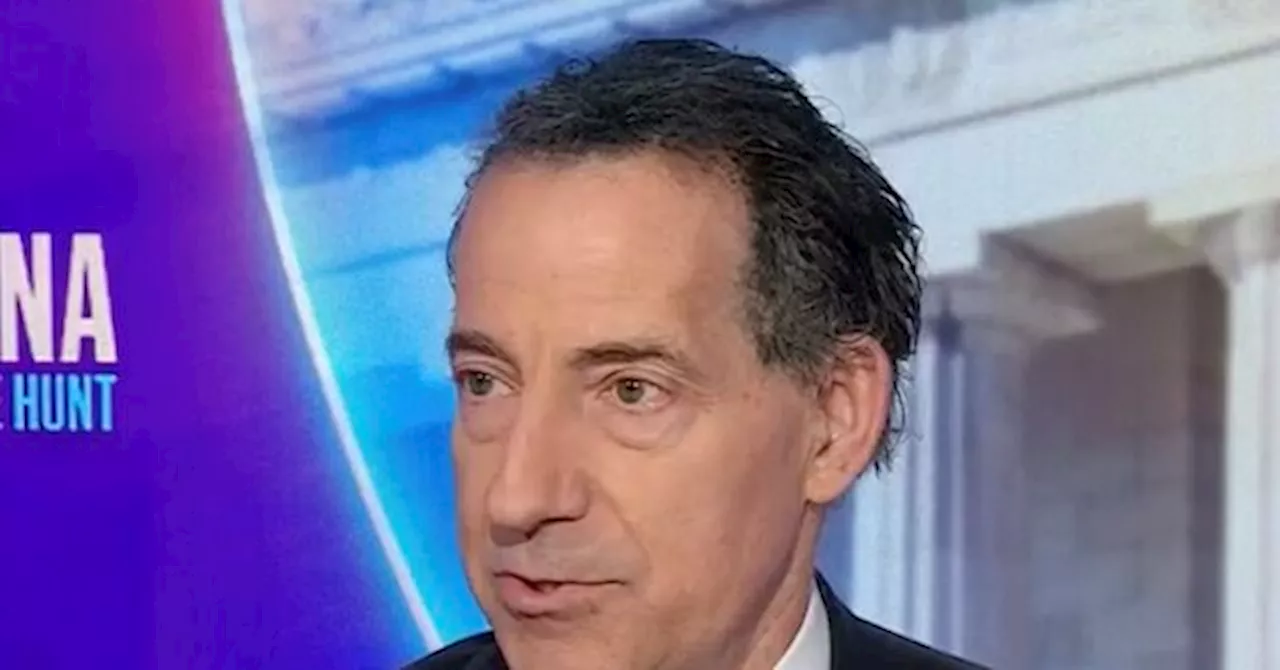Rep. Jamie Raskin (D-MD) has stated that he no longer sees the need to abolish the filibuster, shifting his focus instead to pressing healthcare and economic issues affecting Americans. In an interview on CNN’s “Inside Politics,” Raskin emphasized the urgent need to restore healthcare credits, expand Medicaid access, and protect SNAP benefits, while criticizing the policies of former President Donald Trump.
During the broadcast, Raskin responded to questions about his previous support for eliminating the filibuster, stating, “We don’t need a procedural fix at this point.” Host Dana Bash inquired about his change of perspective, noting that Raskin had advocated for ending the filibuster when President Joe Biden faced difficulties passing legislation in the Senate. Raskin clarified, “We need the Republicans to recognize that there’s a healthcare crisis they’ve imposed on the country.”
Raskin highlighted the challenges millions of Americans face, particularly the risk of losing health insurance due to rising premiums and the expiration of Affordable Care Act (ACA) tax credits. He pointed out that many individuals were removed from Medicaid following a significant cut to healthcare funding, while a substantial tax break was granted to the wealthiest Americans. “That’s why we’re seeing a clean Democratic sweep across America,” he added, referring to recent electoral successes.
As the discussion progressed, Raskin reiterated his concerns regarding the impact of Republican policies on vulnerable populations. He noted that approximately 41 million Americans depend on SNAP benefits, which were jeopardized by actions taken during Trump’s administration. “Luckily, Democrats went to court and shut them down. We got two rulings on that,” he stated, illustrating the ongoing battle over social safety nets.
Raskin emphasized the importance of bipartisan cooperation to address these pressing issues, urging Republicans to come to the negotiating table. He articulated the need to restore healthcare access and protect food assistance programs, saying, “We’re talking about people that Trump and his team were just willing to throw to the wolves in terms of their food benefits.”
These comments reflect a broader Democratic strategy focusing on healthcare and economic support as key issues leading into upcoming elections. Raskin’s shift in stance on the filibuster indicates a tactical adjustment aimed at navigating the current political landscape, prioritizing immediate concerns over procedural changes in the Senate.
As the political climate evolves, Raskin’s remarks underscore the urgency of addressing the healthcare crisis and the importance of ensuring that essential benefits remain intact for millions of Americans. The future of these discussions will likely shape the Democratic agenda as they seek to address the needs of their constituents while responding to the complexities of legislative procedures.








































































